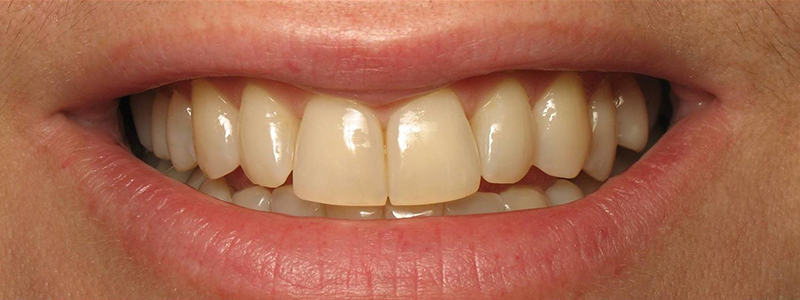When it comes to children’s dental health, parents and dentists play obvious roles, but teachers can also have a significant impact. Teachers interact with children daily and can influence their habits, including those related to dental hygiene.
1. Educating About Oral Hygiene
Teachers are in a unique position to educate children about the importance of oral hygiene. By incorporating lessons on brushing, flossing, and the importance of regular dental check-ups into the curriculum, teachers can help instill good habits early on. This can be done through:
- Health Education Classes: Including dental health as a part of the health education curriculum.
- Special Projects and Activities: Organizing projects like “Toothbrush Charts” where children can track their brushing habits.
- Guest Speakers: Inviting local dentists to give talks or demonstrations on proper dental care.
2. Creating a Supportive Environment
A supportive school environment encourages children to take care of their oral health. Teachers can promote this by:
- Reminding Students: Gentle reminders to wash hands and brush teeth after meals.
- Modeling Good Behavior: Demonstrating proper dental hygiene practices.
- Reward Systems: Implementing reward systems for students who maintain good oral hygiene.
3. Identifying Dental Issues
Teachers can be the first to notice signs of dental problems, especially in younger children who may not articulate discomfort well. They can look out for:
- Signs of Pain: Students holding their jaw or complaining of toothache.
- Difficulty Eating: Changes in eating habits that might indicate dental pain.
- Visible Decay or Damage: Noticing visible issues such as cavities or broken teeth.
When teachers observe these signs, they can communicate with parents, encouraging them to seek dental care for their child.
4. Promoting Healthy Eating Habits
Schools play a significant role in shaping children’s eating habits. Teachers can promote dental health by:
- Encouraging Healthy Snacks: Recommending fruits, vegetables, and dairy products that promote strong teeth.
- Limiting Sugary Foods: Advising against sugary snacks and drinks that can lead to tooth decay.
- Educational Activities: Teaching students about the impact of diet on dental health through fun activities and discussions.
5. Collaboration with Parents and Dentists
Teachers can act as a bridge between parents and dental professionals, fostering a collaborative approach to dental health. This includes:
- Parent-Teacher Meetings: Discussing dental health during parent-teacher conferences.
- Sharing Resources: Providing parents with information on local dental clinics, dental health tips, and the importance of regular check-ups.
- School Health Programs: Collaborating with local dentists to conduct dental check-up camps at schools.
6. Implementing School-Wide Dental Health Programs
School-wide programs can have a broader impact on promoting dental health. Teachers can advocate for and help implement such programs, which might include:
- Regular Dental Check-Ups: Organizing annual or bi-annual dental check-up camps.
- Oral Hygiene Workshops: Conducting workshops for students and parents on proper dental care techniques.
- Dental Health Awareness Weeks: Hosting events and activities focused on dental health awareness.
Teachers have a crucial role in promoting and maintaining children’s dental health. Through education, support, and collaboration, teachers can help instill lifelong dental hygiene habits in their students. By recognizing and addressing dental issues early, promoting healthy eating, and working closely with parents and dental professionals, teachers contribute significantly to the overall well-being of their students. A healthy smile starts with good habits, and with the support of Studio Dentale and Dr. Nikita Agarwal, teachers can help shape bright and healthy futures for their students.





